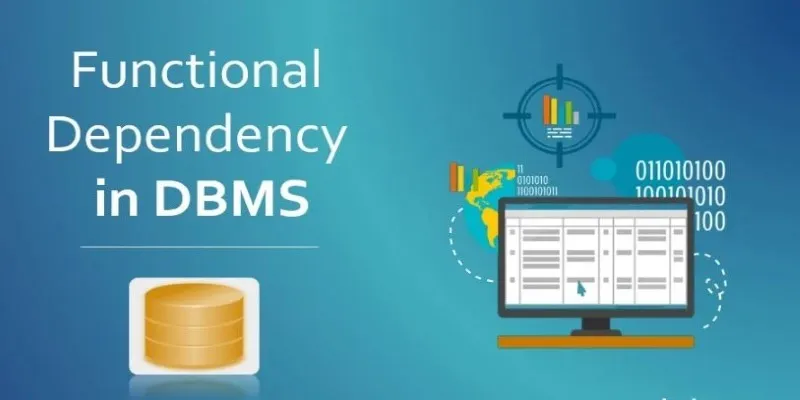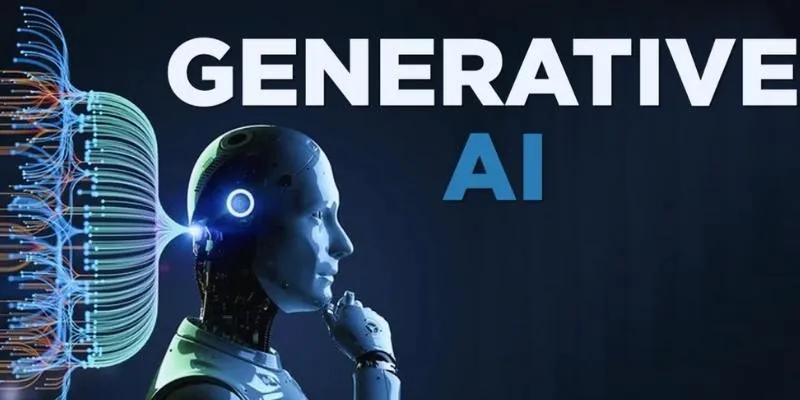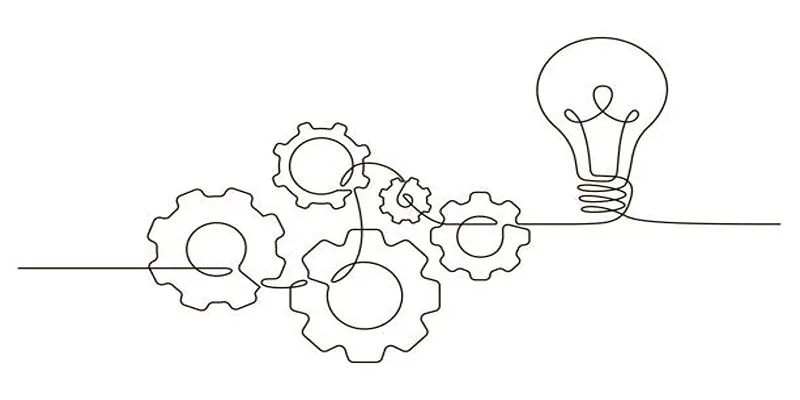Agriculture, the primary economic activity in Africa, is crucial for employment, food production, and economic stability. However, challenges such as fluctuating weather conditions, poor farming practices, and supply chain disruptions hinder productivity. The integration of artificial intelligence (AI) in agriculture is transforming the sector by enabling smart farming, data analysis, and automation. This article explores how technologies like precision farming and AI in supply chain management are making Africa’s agricultural sector more sustainable and inclusive, benefiting farmers, agribusinesses, and consumers.

AI in Agriculture: A Game-Changer for Africa
Enhancing Productivity with Smart Farming Technology
Smart farming technology, supported by AI, is being adopted in African agriculture to maximize resources. Farmers use AI-powered sensors and drones to monitor soil health, water levels, and crop growth in real-time, minimizing waste and enhancing yield quality. AI-enhanced irrigation systems ensure crops receive the optimal amount of water, conserving resources while boosting yields. By automating time-consuming processes like planting and harvesting, farmers can focus on decision-making and strategic planning. Consequently, smallholder farmers, who are key food producers in Africa, can increase their productivity and income security.
AI-Powered Precision Agriculture for Efficient Land Use
Automated agriculture employs AI to provide farmers with large datasets to improve crop management. By utilizing satellite imagery and weather data, AI models can optimize planting and harvesting times, reducing crop loss due to climate variability. Additionally, early identification and treatment of diseases or pest infestations minimize the need for agricultural chemicals like pesticides. In countries like Kenya and Nigeria, precision farming technologies help farmers use land more efficiently, supporting food security and sustainability as Africa continues to grow.
The Impact of AI on African Agri-Food Systems
AI-Driven Supply Chain Optimization in Agriculture
Supply chain issues, leading to food losses and inefficiencies, are significant challenges in African agriculture. AI optimizes supply chains, bridging existing gaps and facilitating direct links between producers and consumers, ensuring fair prices and timely deliveries. Predictive modeling helps agribusinesses forecast demand, preventing overstocking or stockouts. In Rwanda, AI-driven supply chain management solutions have allowed farmers to sell locally produced crops at fair market prices while minimizing post- harvest losses.
Addressing Food Security with AI Innovations
AI is playing a crucial role in addressing food insecurity in Africa. Machine learning algorithms analyze climate patterns to predict droughts, floods, and other agricultural threats, enabling farmers to prepare in advance. AI-powered mobile applications offer smallholder farmers immediate solutions for soil issues, pests, diseases, and crop succession. In Ethiopia, AI predictions of food deficits assist government departments in resource allocation. Integrating AI into agricultural plans across Africa will foster sustainable, equitable, and inclusive food systems.

Challenges and Opportunities in AI Adoption
Barriers to Implementing Smart Farming Technology
Several barriers have slowed AI integration in African agriculture. High costs of AI equipment and infrastructure, limited internet access in rural areas, and a lack of technical knowledge among farmers are significant challenges. Governments and private stakeholders must invest in financial resources and infrastructure to support training programs. Addressing these barriers will enable more farmers to harness AI’s potential, enhancing agricultural innovations and improving African agri-food systems.
Bridging the AI Knowledge Gap Among Farmers
Awareness of AI’s benefits among farmers is limited. Many small-scale farmers lack knowledge about AI’s application in agriculture. To close this gap, educational campaigns and training programs are essential. These initiatives, like those in Ghana, enlighten farmers on AI integration in farming practices, enabling data-driven decision-making. Achieving AI literacy will empower farmers and enhance their productivity through smart farming technologies.
Conclusion
AI is revolutionizing agriculture in Africa, providing innovative solutions to longstanding challenges. From smart farming technology to AI-driven supply chain optimization, these advancements enhance productivity, improve food security, and promote sustainable farming practices. However, widespread AI adoption requires addressing barriers such as cost, connectivity, and education. By investing in AI literacy, infrastructure, and farmer support programs, Africa can unlock its agricultural potential.
 zfn9
zfn9























